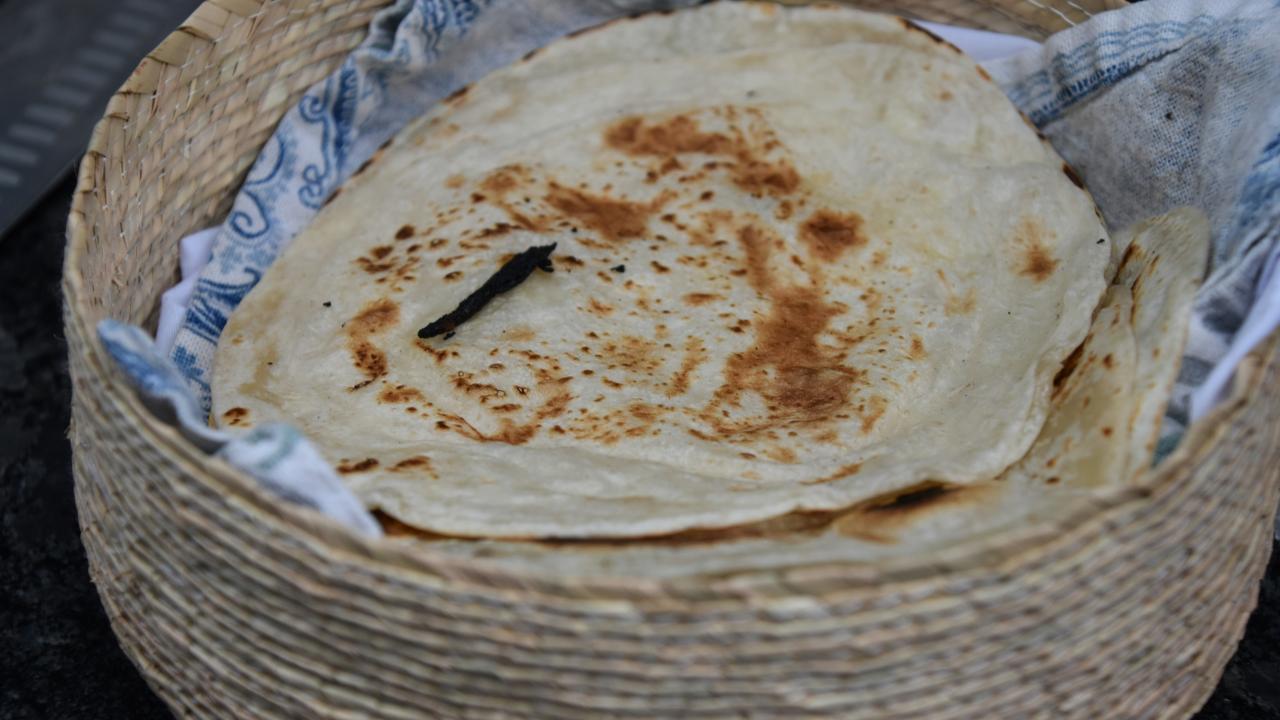
The Cofece Investigative Authority estimated that the company concentrates between 50% and 90% of sales in various regions of the country and proposed the ban on five plants to mitigate its prevalence.
The Federal Economic Competition Commission (Cofece) issued a preliminary ruling revealing the lack of competition in the market for nixtamalized corn flour, which is sold to tortilla factories in Mexico, and concluded that Gruma maintains a dominant position in this market.
The regulator therefore proposed that the company, one of the main producers of corn flour, sell five of its production plants as a corrective measure. With this action, it seeks to increase competition in this market, as it said that this situation is due to a structural problem in this business.
“The only solution to reactivate competition in the market, so that the entry and growth of new competitors is encouraged and, ultimately, allows Mexicans to enjoy better prices, is for Gruma to sell five nixtamalized corn flour production plants, as well as the entire distribution fleet and sales force of said plants,” Cofece said in the document.
In addition, the company must "eliminate strategies designed to prevent tortilla factories from changing suppliers, and implement transparency and supervision mechanisms, in order to increase competition in the market."
The preliminary ruling stresses that the Plenary Session of Cofece will be the one to listen to the parties, assess the evidence and issue a final resolution. However, Gruma is not obliged, at this time, to implement the proposed corrective measures.
Cofece established that in eight regions of the country, Gruma achieves market shares of between 50% and 90% of total sales in each area. In certain regions, it sells almost 9 out of 10 kilos of flour.
In addition, the company has a market share between 22 and 80 times greater than that of its closest competitor in each region. It even maintains an average price almost 10% higher than that of its competitors at the national level.
The regulator said Gruma has a major advantage over its competitors, allowing it to set high prices without other companies being able to compete sufficiently. In addition, Gruma uses strategies that make it difficult for tortilla makers to change suppliers.
He stressed that Minsa is the second most relevant competitor, although with a considerable gap with respect to Gruma. Other competitors, including new players such as CMG, Panamericana and Maximasa, have a marginal presence and have not managed to be a strong competitor for the company.
For its part, the corn flour producer said it is “carefully analyzing the content of the preliminary opinion within the framework of the law.
“Gruma has collaborated openly and in good faith with Cofece since the beginning of the Market Investigation, and will continue to collaborate in the same way in order to assert, within the legal period of 45 business days, the rights and legal resources granted to it by the Constitution and applicable laws,” the company said in a statement sent to the Mexican Stock Exchange (BMV).
He stressed that, since the measures proposed by the Investigative Authority are only preliminary, "at this time it is not possible to know what the Plenary of Cofece will ultimately decide."
The investigation began because a constant increase in corn flour prices was observed, even though the cost of corn, its main input, remained stable.









